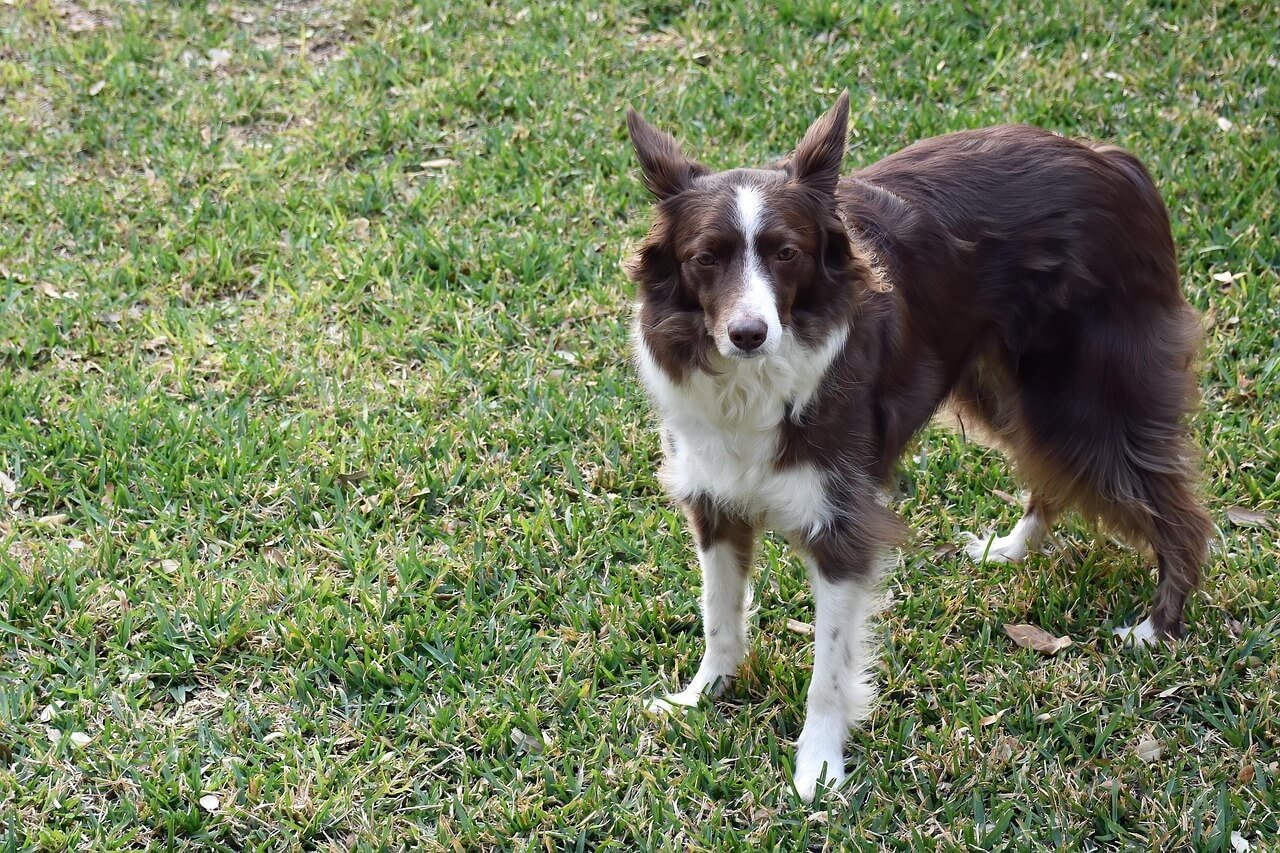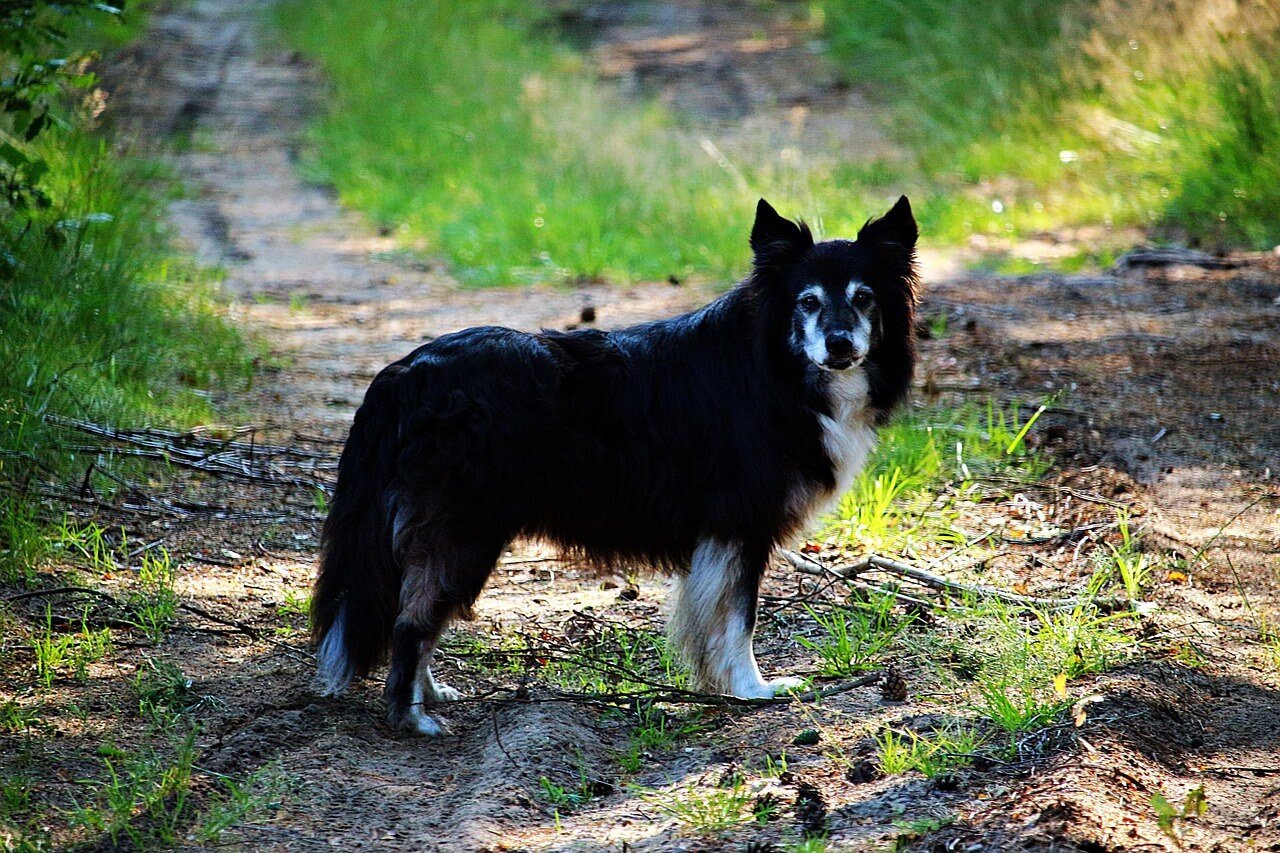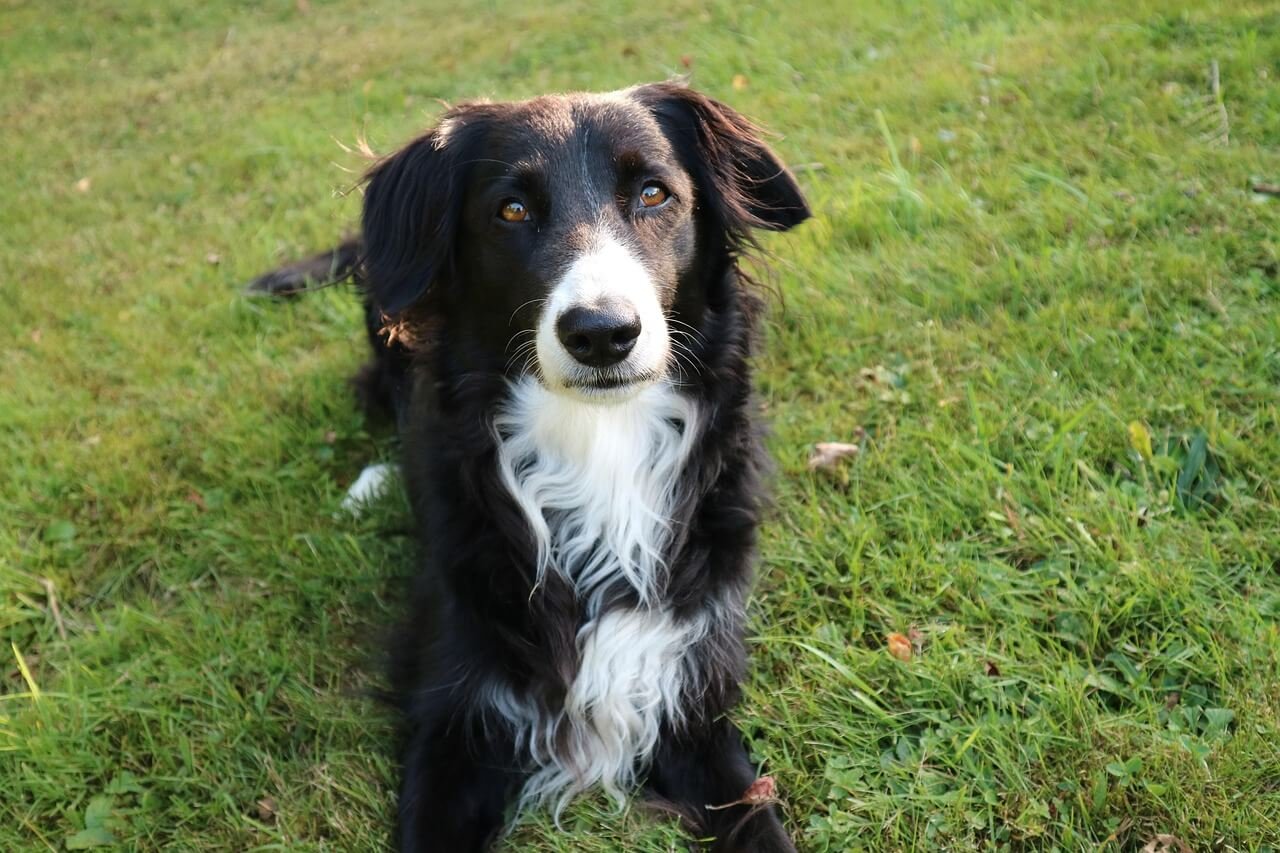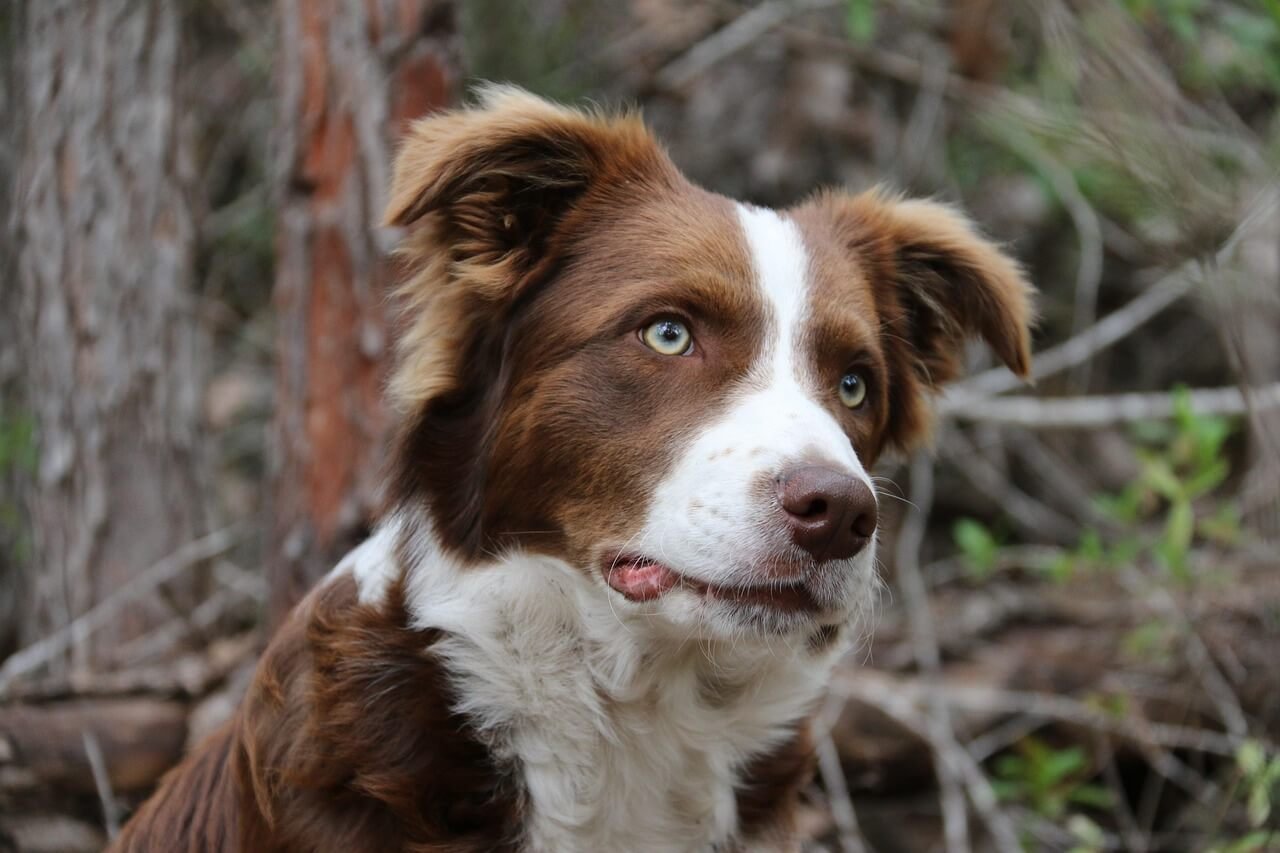What to Do If Your Dog Ate One Raisin: A Guide for Pet Owners
Raisins may seem harmless to us, but even a small amount can pose serious risks to dogs. While not all dogs react the same way to raisin ingestion, it’s crucial to take the situation seriously and act quickly if your furry friend has consumed one. Raisins, along with grapes, are known to cause kidney damage in some dogs, though the exact reason remains unclear. In this blog post, we’ll explore what happens when a dog eats a raisin, how to respond, and steps you can take to prevent future incidents. By the end, you’ll feel confident in handling this potentially dangerous situation and keeping your dog safe.
Why Are Raisins Dangerous for Dogs?
Understanding why raisins are toxic to dogs is essential for recognizing the seriousness of the situation. Here are some key points about raisin toxicity and its effects on dogs:
Kidney Damage Risk:
Raisins can lead to acute kidney failure in some dogs, even in small amounts like a single raisin.Unknown Toxic Compound:
The exact substance in raisins that causes toxicity has not been identified, making it unpredictable which dogs will be affected.Variable Reactions:
Some dogs show no symptoms after eating raisins, while others experience severe reactions, including vomiting and lethargy.Size Matters:
Smaller dogs are generally at higher risk because their body weight makes them more vulnerable to toxins.Cumulative Effect:
Even if your dog seems fine after eating one raisin, repeated exposure could increase the risk of kidney issues over time.
Given these factors, it’s best to treat any raisin ingestion as a potential emergency and seek professional advice promptly.
Immediate Steps to Take If Your Dog Ate One Raisin
If you discover that your dog has eaten a raisin, acting quickly can make a significant difference in their outcome. Here’s what you should do immediately:
Stay Calm and Assess the Situation:
Note how many raisins were consumed and when the incident occurred to provide accurate information to your vet.Do Not Induce Vomiting Without Guidance:
While inducing vomiting can sometimes help, it should only be done under veterinary supervision to avoid complications.Contact Your Veterinarian or Poison Control:
Call your vet or an animal poison control hotline for advice tailored to your dog’s size, breed, and health history.Monitor for Symptoms:
Watch for signs of toxicity, such as vomiting, diarrhea, lethargy, or loss of appetite, and report them to your vet immediately.Avoid Giving Food or Water Temporarily:
Until you’ve consulted a professional, refrain from feeding your dog anything that might interfere with treatment.
Taking these steps ensures that your dog receives timely care and minimizes the risk of complications.
Check this guide 👉My Dog Ate Coffee Grounds: Best 7 Expert Tips!
Check this guide 👉My Dog Ate Edamame Shells: Best 7 Expert Tips!
Check this guide 👉My Dog Ate a Sock: Best 7 Health Tips!

Symptoms of Raisin Toxicity in Dogs | When to Seek Immediate Help |
|---|---|
Vomiting | Within hours of ingestion |
Diarrhea | If symptoms persist or worsen |
Lethargy or Weakness | As soon as you notice unusual behavior |
Loss of Appetite | Within 24 hours of raisin consumption |
Increased Thirst or Urination | If accompanied by other concerning signs |
Preventing Future Raisin or Grape Exposure
Prevention is key to ensuring your dog stays safe from raisin toxicity. Here are practical tips to minimize the risk of accidental ingestion:
Store Raisins Out of Reach:
Keep raisins, grapes, and similar foods in sealed containers stored high up or behind closed doors.Educate Family Members:
Make sure everyone in your household knows that raisins and grapes are harmful to dogs.Supervise Snack Time:
Monitor your dog closely during meals or snack times to prevent accidental access to forbidden foods.Teach the “Leave It” Command:
Training your dog to ignore dropped food can help prevent them from eating something dangerous.Be Mindful During Walks:
Watch for fallen grapes or raisins in parks or public areas where your dog might encounter them.
Treatment Options for Raisin Toxicity in Dogs
If your dog ingests a raisin and shows signs of toxicity, prompt veterinary intervention is critical. Here are common treatment approaches used by veterinarians:
Induced Vomiting:
If caught early, your vet may induce vomiting to remove the raisin from your dog’s stomach before it’s absorbed.Activated Charcoal:
This medication is often administered to bind toxins and prevent further absorption into the bloodstream.Intravenous Fluids:
IV fluids help flush toxins from the kidneys and support hydration, especially if kidney function is compromised.Blood Tests:
Regular blood work monitors kidney function and helps guide ongoing treatment decisions.Hospitalization (if Necessary):
Severe cases may require extended hospital stays for close monitoring and intensive care.
Early detection and appropriate treatment greatly improve the chances of a full recovery for your dog.
Common Mistakes to Avoid When Handling Raisin Ingestion
When your dog eats a raisin, it’s easy to make mistakes that could delay treatment or worsen the situation. Being aware of these pitfalls can help you respond more effectively.
Waiting for Symptoms to Appear:
Delaying action until symptoms show up can reduce the chances of successful treatment.Inducing Vomiting Without Professional Guidance:
Improperly inducing vomiting can lead to choking, aspiration, or other complications.Underestimating the Danger of Small Quantities:
Even one raisin can be harmful, so assuming it’s “just a little” is risky.Skipping Veterinary Consultation:
Self-diagnosing or relying on home remedies alone can leave underlying issues untreated.Failing to Monitor Your Dog Closely:
Missing early warning signs of toxicity can result in delayed care and more severe outcomes.
Avoiding these mistakes ensures your dog receives the best possible care and minimizes potential risks.
Signs That Your Dog Is Not Affected by Raisin Ingestion
Not all dogs will react negatively to eating a raisin, and some may show no ill effects at all. Here are signs that your dog might be unaffected:
Normal Energy Levels:
If your dog continues to play, walk, and behave as usual, they may not be experiencing toxicity.Consistent Appetite:
A healthy appetite is a good indicator that their digestive system isn’t compromised.No Vomiting or Diarrhea:
The absence of gastrointestinal upset suggests the raisin hasn’t caused immediate harm.Regular Urination Patterns:
Normal urine output and color indicate that kidney function is likely stable.Stable Hydration:
If your dog drinks water normally and their gums remain moist, they’re likely not dehydrated.
While these signs are reassuring, it’s still wise to consult your vet to rule out any hidden risks.
Ways to Educate Others About Raisin Toxicity in Dogs
Raising awareness about the dangers of raisins can help prevent accidental ingestion and protect other dogs in your community. Here are ways to spread the word:
Share Information on Social Media:
Post about raisin toxicity and include tips for prevention to reach a wider audience.Talk to Friends and Family:
Share your knowledge with other pet owners to ensure they’re informed about this risk.Distribute Flyers at Local Parks:
Create simple, eye-catching flyers to place in areas where dogs and their owners gather.Host a Pet Safety Workshop:
Organize an event to educate others about harmful foods and emergency response for pets.Collaborate with Veterinarians:
Ask local vets if they can share educational materials or host Q&A sessions on pet safety.
By educating others, you contribute to a safer environment for all dogs and help prevent future incidents.
Frequently Asked Questions About Dogs Eating Raisins
Is one raisin enough to harm my dog?
While some dogs tolerate small amounts, even one raisin can potentially cause kidney damage in sensitive individuals.
How long does it take for symptoms to appear?
Symptoms typically develop within 6–12 hours but can vary depending on the dog and the amount consumed.
Can I wait to see if symptoms develop before calling the vet?
No, immediate consultation is recommended to ensure your dog receives timely care.
Are all dogs affected by raisin toxicity?
Not all dogs show adverse reactions, but it’s impossible to predict which ones will be affected.
What should I do if my dog ate raisins days ago and seems fine?
Schedule a check-up with your vet to rule out delayed kidney issues or other complications.
Final Thoughts: Keeping Your Dog Safe from Harmful Foods
While discovering that your dog ate one raisin can be alarming, staying informed and acting quickly can make all the difference. Raisin toxicity is unpredictable, so it’s always better to err on the side of caution and consult your veterinarian. By understanding the risks, knowing how to respond, and taking preventive measures, you can protect your dog from potential harm. Remember, our pets rely on us to keep them safe, and a little vigilance goes a long way in ensuring their well-being. With love, attention, and proactive care, you can enjoy many happy, healthy years together—raisin-free!
Understanding Scabs in Dogs Ears: Best 7 Tips! Learn how to identify, treat, and prevent scabs in your dog’s ears for optimal ear health.
Is Cinnamon Bad for Dogs? Best 7 Health Tips! Discover safe ways to use cinnamon, risks to avoid, and expert advice to keep your dog healthy.
Can Dogs Get Pneumonia from Humans? Best 7 Tips! Learn how to protect your dog, understand transmission risks, and ensure their respiratory health.
Can Dog Urine Make You Sick? Best 7 Health Tips! Learn how to stay safe, prevent illness, and handle exposure to dog urine effectively.





